Course summary
Teaching Sustainability in Early Years to Meet EYLF Outcomes helps early childhood educators incorporate sustainability into everyday learning to enhance children’s development and decision-making skills. Sustainability isn’t just about the environment, it’s a powerful tool for fostering lifelong learning and growth.
In this course, you’ll explore the importance of sustainability, how it fits within the Early Years Learning Framework (EYLF), and practical ways to involve children in sustainability routines. Learn how to use the Principles of Education for Sustainability and EYLF resources to help children engage with sustainability while meeting key developmental outcomes.
You will learn:
- What sustainability is and why it’s important.
- How sustainability fits into the Early Years Learning Framework (EYLF).
- How to use the Principles of Education for Sustainability.
- How to involve your children using EYLF teaching resources.
Course time:
This course will take you 1 hour to complete. Enjoy it in one session or spread it out over a few weeks. You will have ongoing access via your personal dashboard.
Accreditation:
This course is mapped to the Professional Standards for Teachers. It is accredited for teacher professional development hours:
Proficient Teacher – all states and territories except ACT:
- 2.1.2 Apply knowledge of the content and teaching strategies of the teaching area to develop engaging teaching activities.
- 3.4.2 Select and/or create and use a range of resources, including ICT, to engage students in their learning.
This course is not currently accredited in the ACT (TQI). However, it can be counted towards teacher identified learning hours (ACT).
Save
Course Content

Getting Started
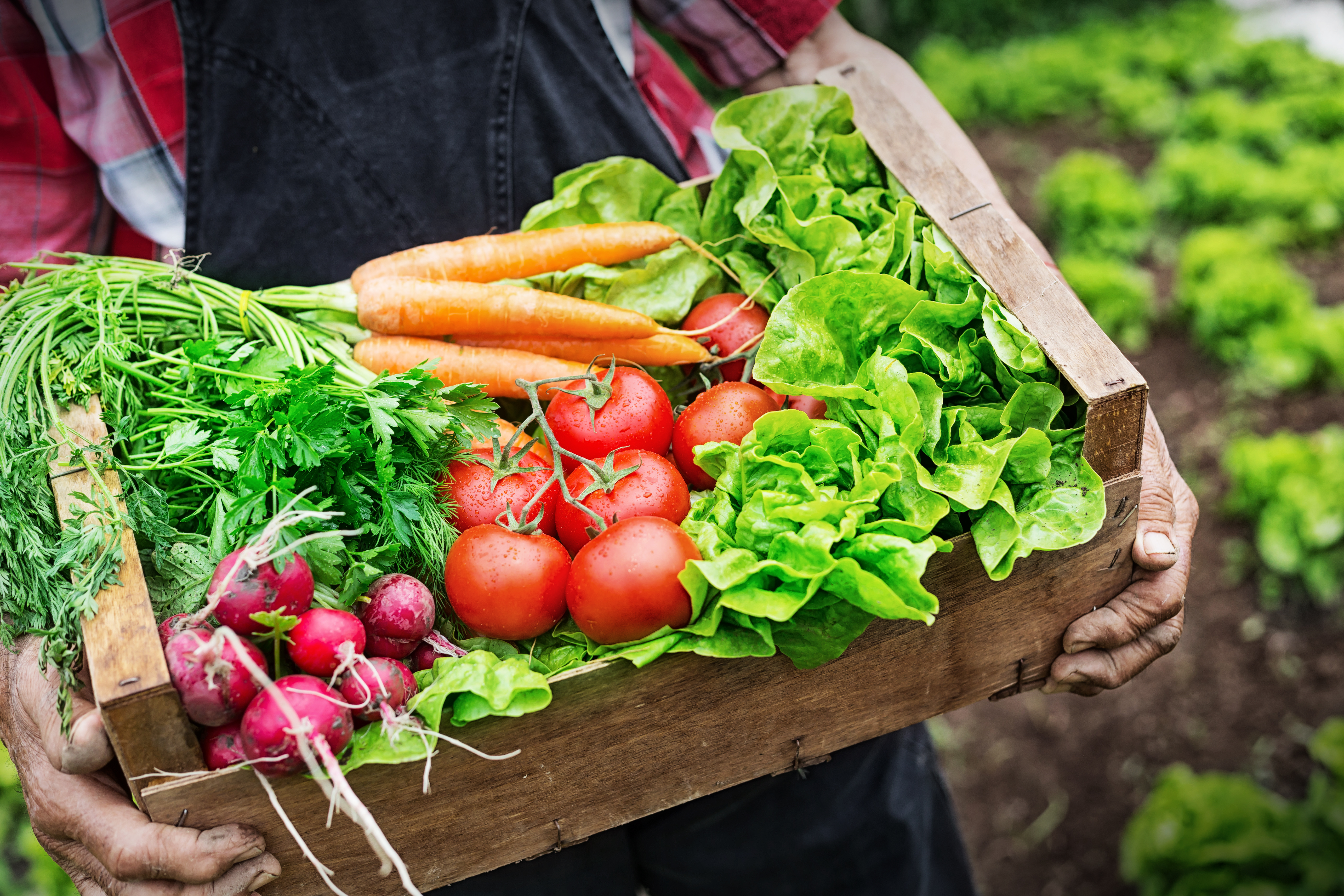
Planet, People, Profit
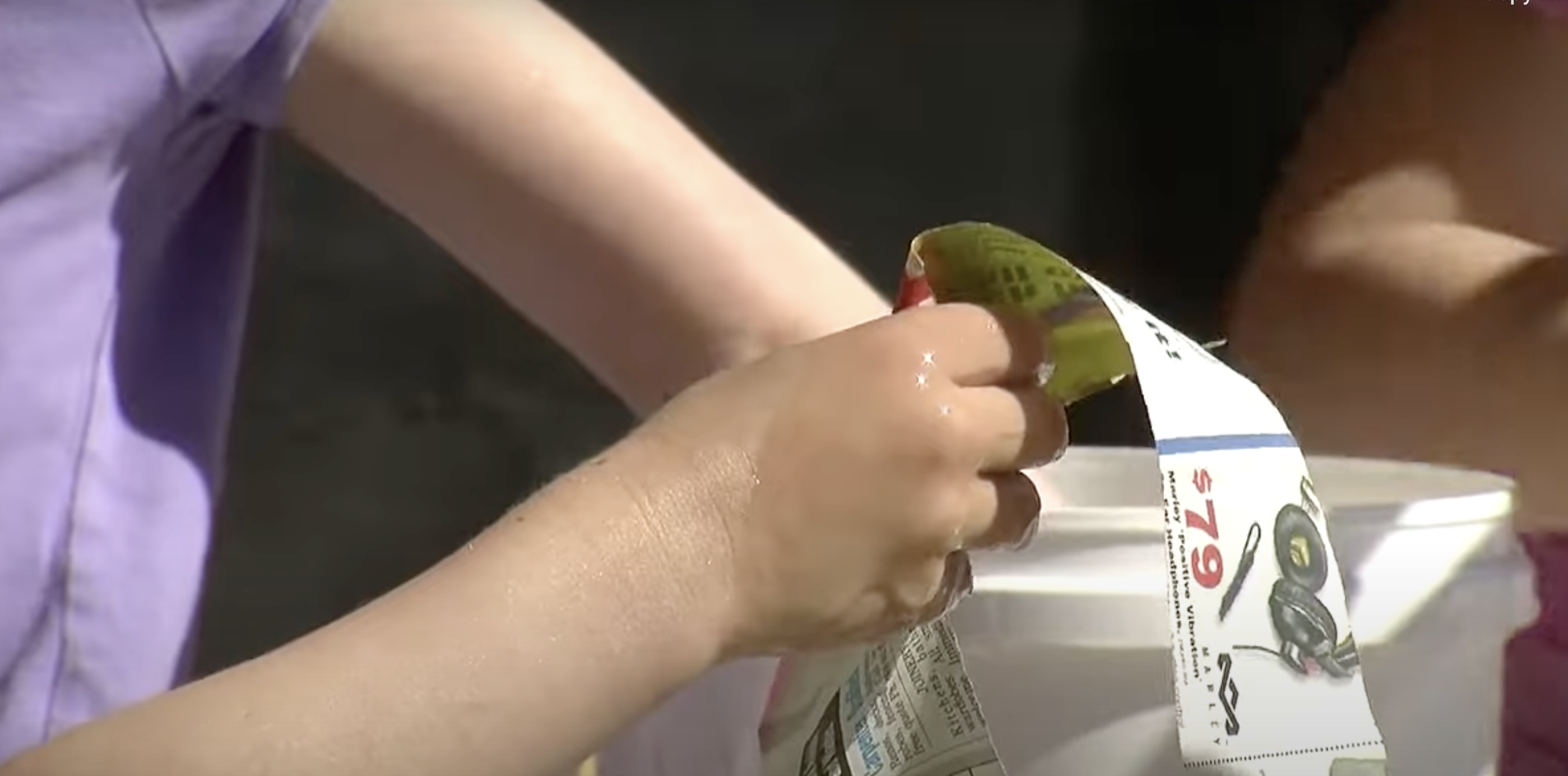
EYLF
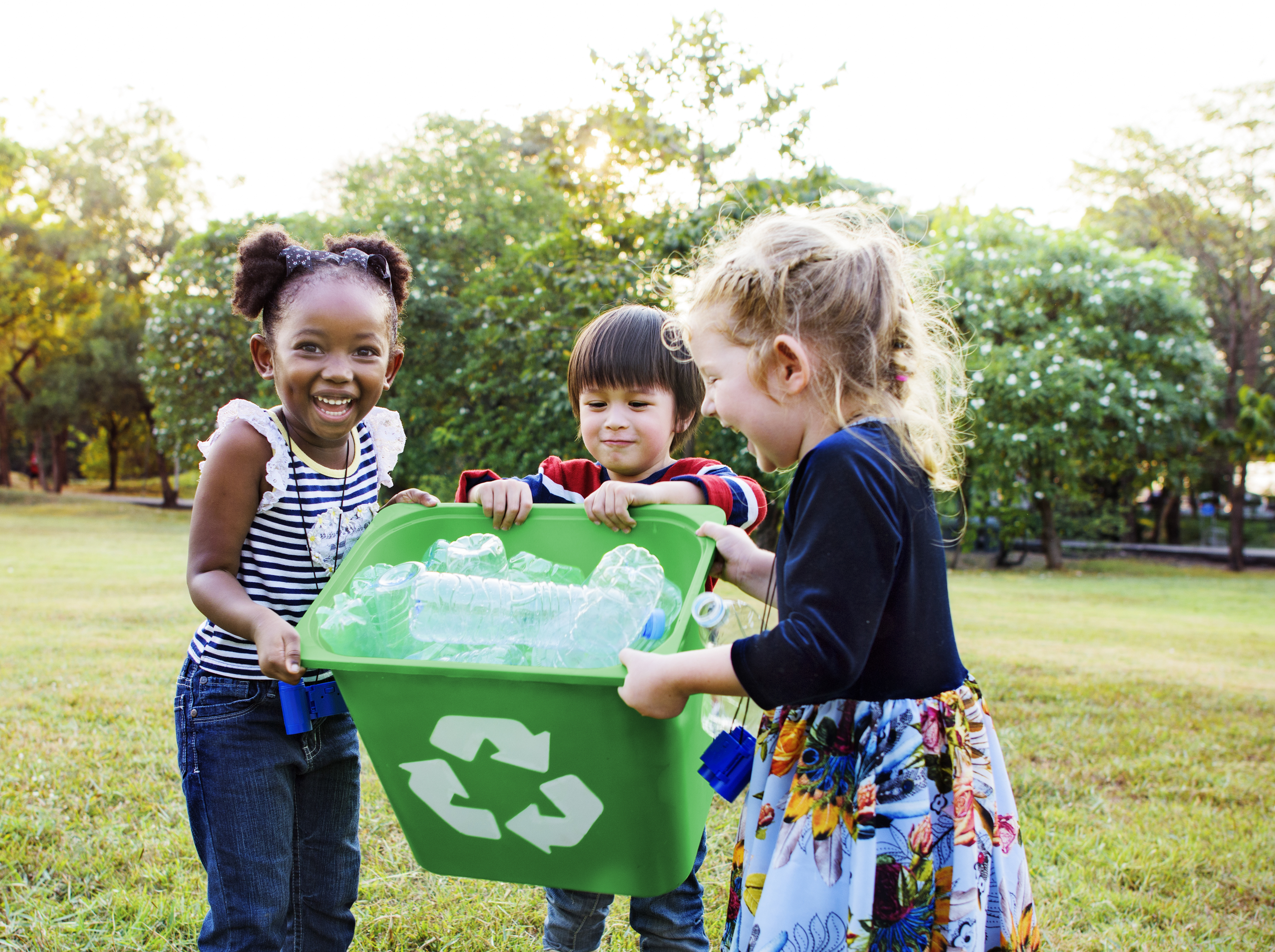
Your Teaching
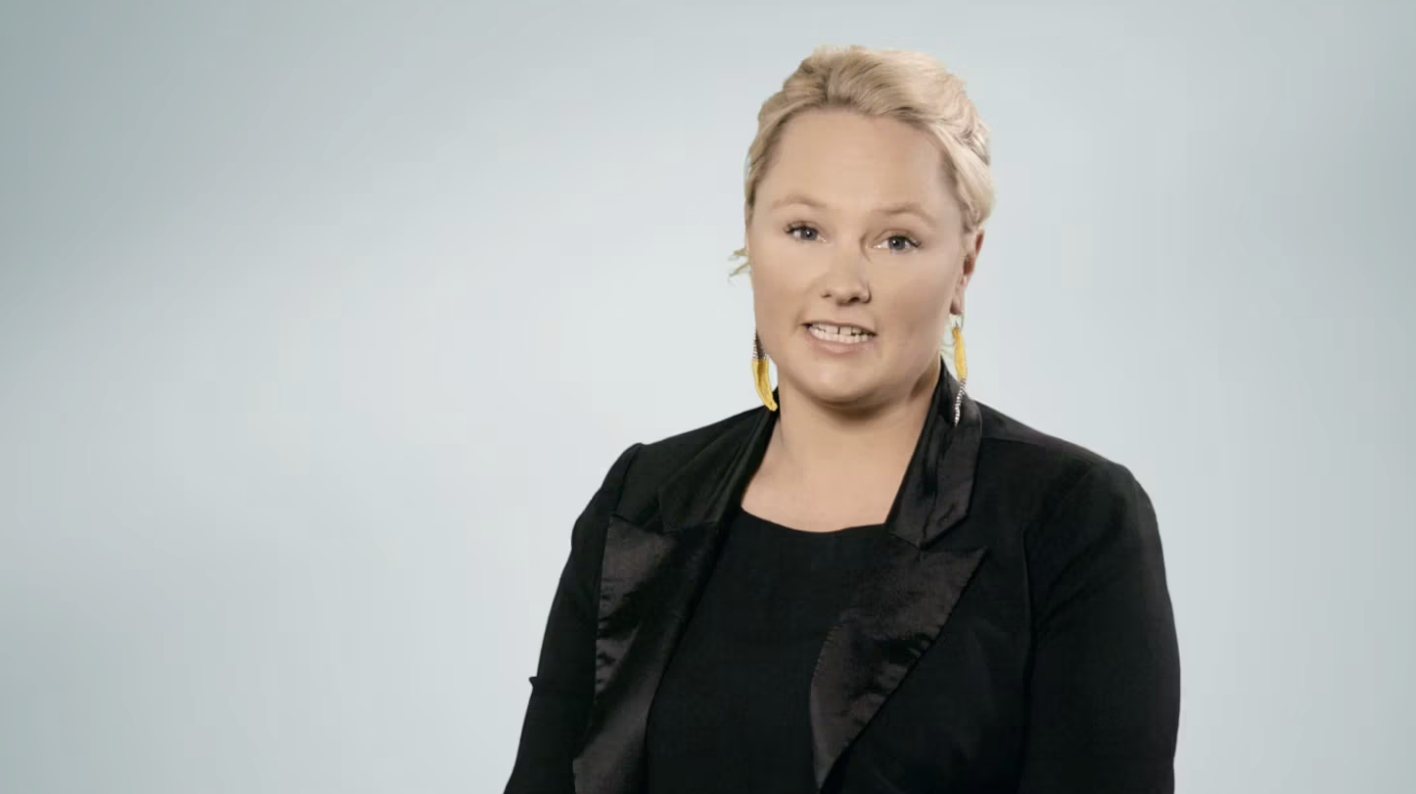
Reflection
Course instructor

Krista Nisi is the Head Writer at Cool Australia and brings over 15 years of experiencing working in education, tertiary and local government. She holds a Masters in Environment (Environmental Education) from the University of Melbourne. Krista looks for innovative ways to involve young people in early learning and school education by helping them explore, think about and engage with the world around them.
Frequently asked questions
How long will this take to complete?
This course will take you 1 hours to complete. Enjoy it in one session or spread it out over a few weeks. You will have ongoing access via your personal dashboard.
Will I get proof of completion?
You will get a Cool.org certificate when you finish, which you can access any time via your personal dashboard, it will also be sent to you by email.
Is this course accredited?
This course is mapped to the Professional Standards for Teachers. It is accredited for teacher professional development hours:
Proficient Teacher – all states and territories except ACT:
- 2.1.2 Apply knowledge of the content and teaching strategies of the teaching area to develop engaging teaching activities.
- 3.4.2 Select and/or create and use a range of resources, including ICT, to engage students in their learning.
This course is not currently accredited in the ACT (TQI). However, it can be counted towards teacher identified learning hours (ACT).
What are the curriculum links?
This course supports the Early Years Learning Framework:
- Outcome 1. Children have a strong sense of identity.
- Outcome 2. Children are connected with and contribute to their world.
- Outcome 3. Children have a strong sense of wellbeing.
- Outcome 4. Children are confident and involved learners.
- Outcome 5. Children are effective communicators.
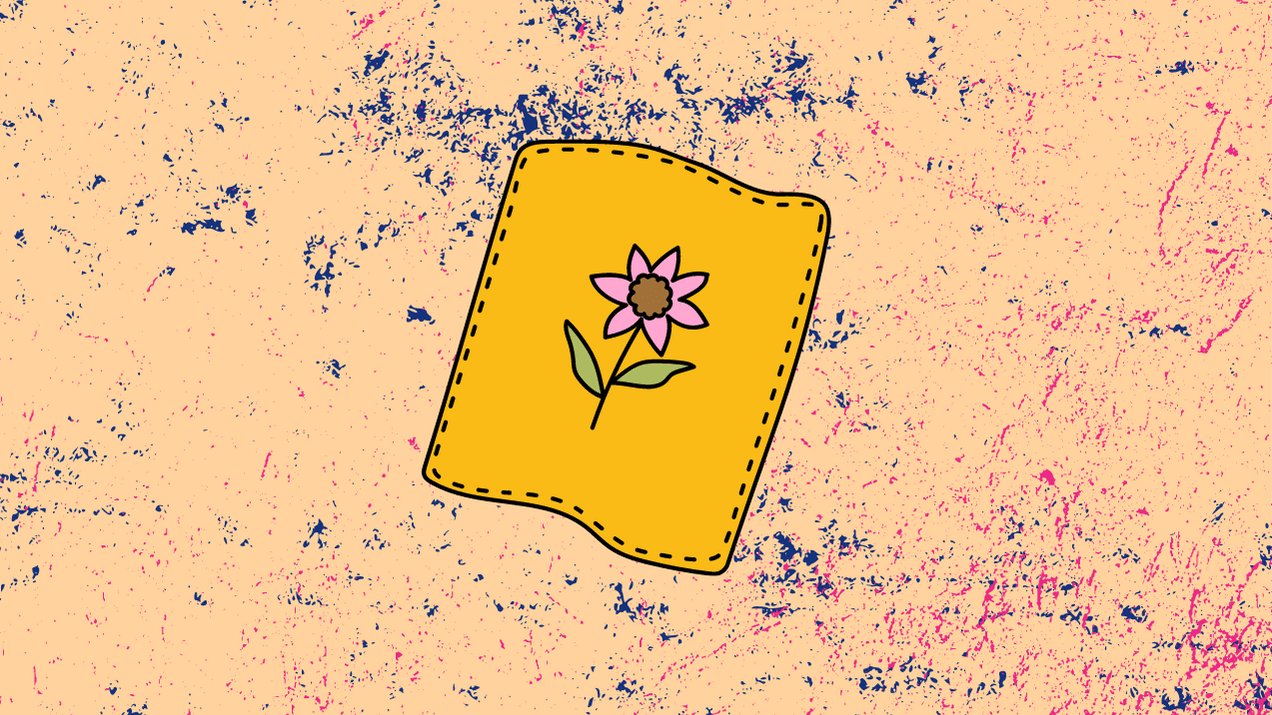
Welcome back!
Don't have an account yet?
Log in with:
Create your free Cool.org account.
Many of our resources are free, with an option to upgrade to Cool+ for premium content.
Already have an account?
Sign up with:
By signing up you accept Cool.org's Terms and Conditions(Opens in new tab) and Privacy Policy(Opens in new tab).